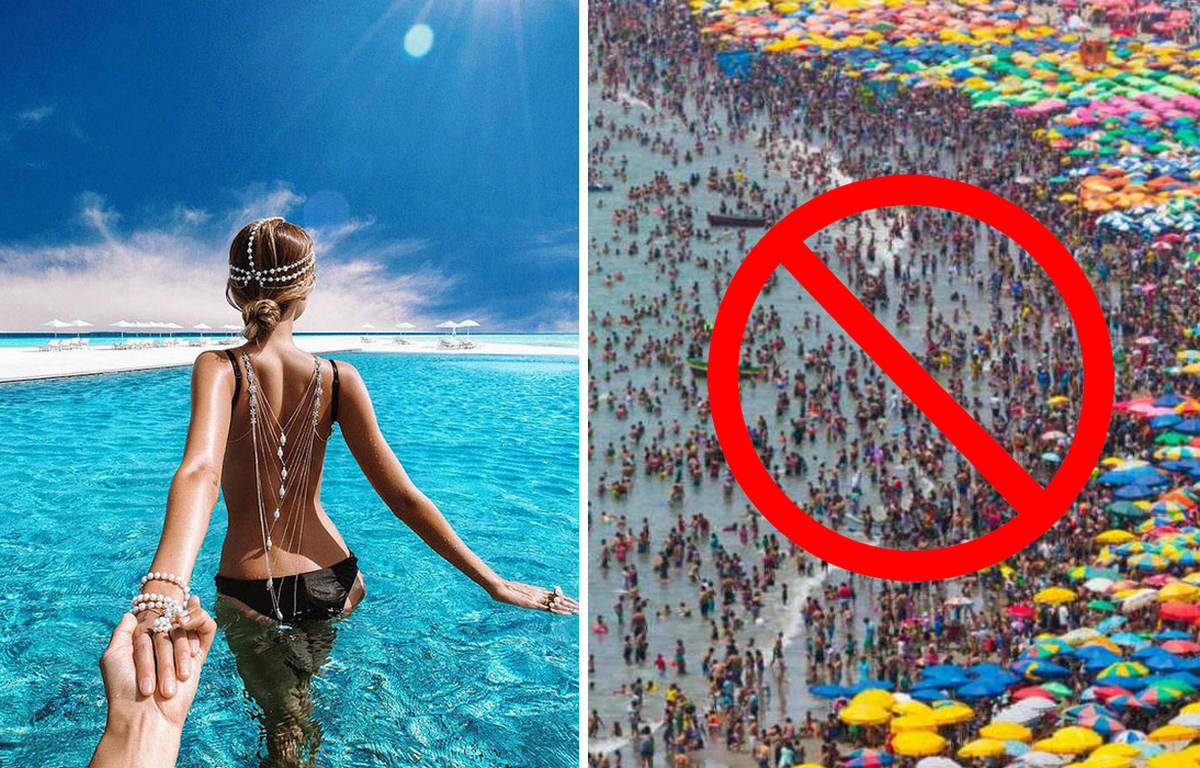A “new plan for sustainable tourism” introduced by the authorities of French Polynesia will make the distant “paradise islands”, including the famous Tahiti, the first country in the world to set a nationwide limit on the arrival of tourists. As part of the five-year strategic mission Fāri’ira’a Manihini 2027 (FM27), the government of French Polynesia plans to introduce an annual limit of about 280,000 tourists per year, which corresponds to the number of citizens living on the islands.
We remind you that French Polynesia is located in the southern part of the Pacific Ocean and includes such popular destinations as Bora Bora, Moorea, and Tahiti. “Tourism is an important source of employment and income for residents. However, visitor restrictions and other changes will make tourism more thoughtful,” the document says. According to it, the government expects to combine economic growth with “preservation of the environment, the quality of life of the population, and respect for our heritage.”
At the same time, the number of tourists who visited the “paradise islands” does not exceed the stated limit by much – in 2019, about 300,000 people visited French Polynesia, and this was a record number. However, these statistics do not consider the number of visitors with a French passport who are not considered foreigners.
At the same time, it is noted that some countries already control tourism, albeit economically. For example, Bhutan charges about $200 per day as a tourist tax. So only rare fans come to this Central Asian country. Venice is trying to introduce a tax on tourists and is “tortured” by over-tourism, but the plans have not yet become a reality.

